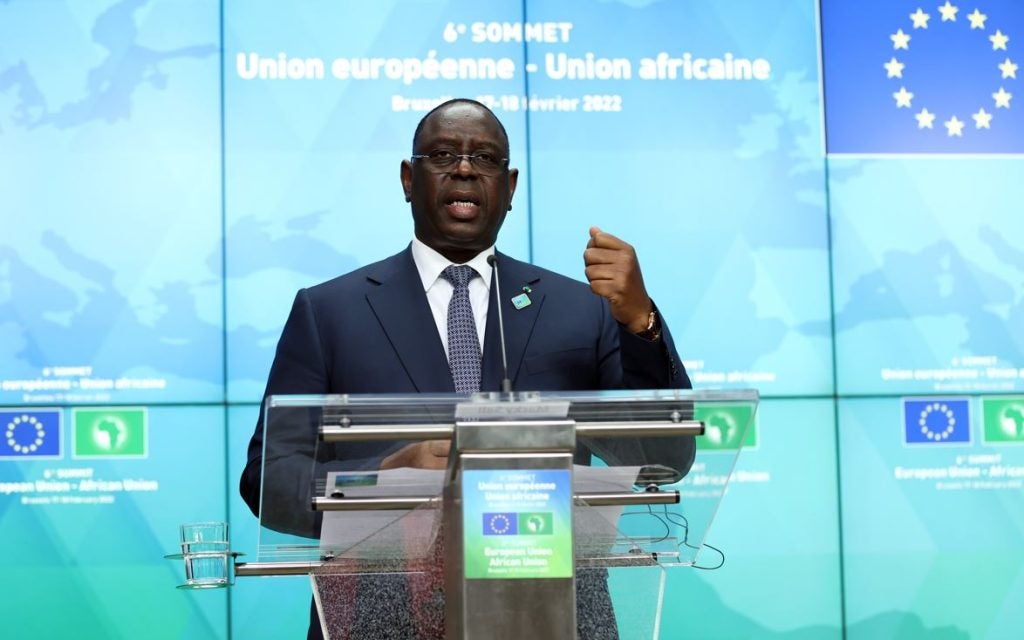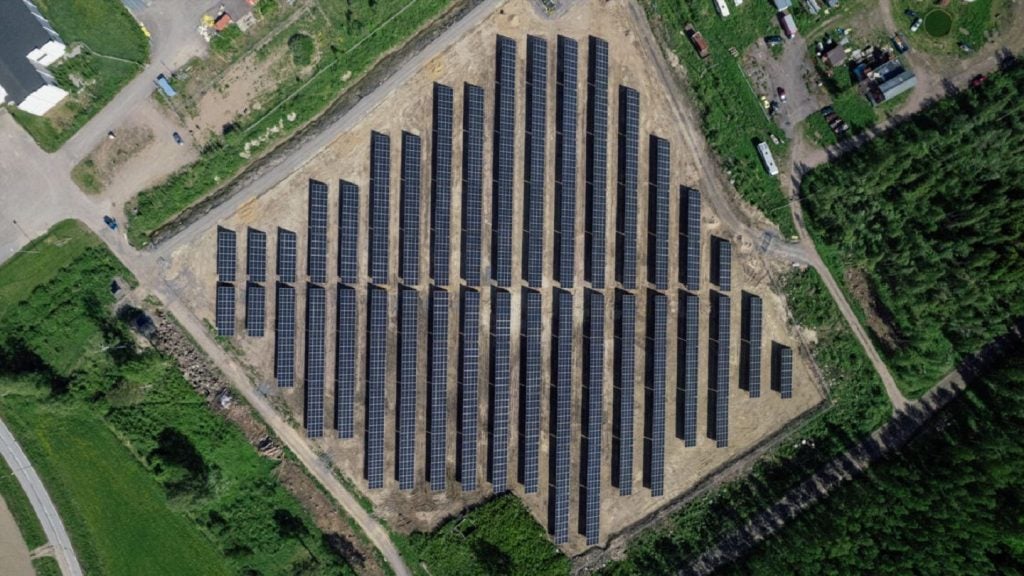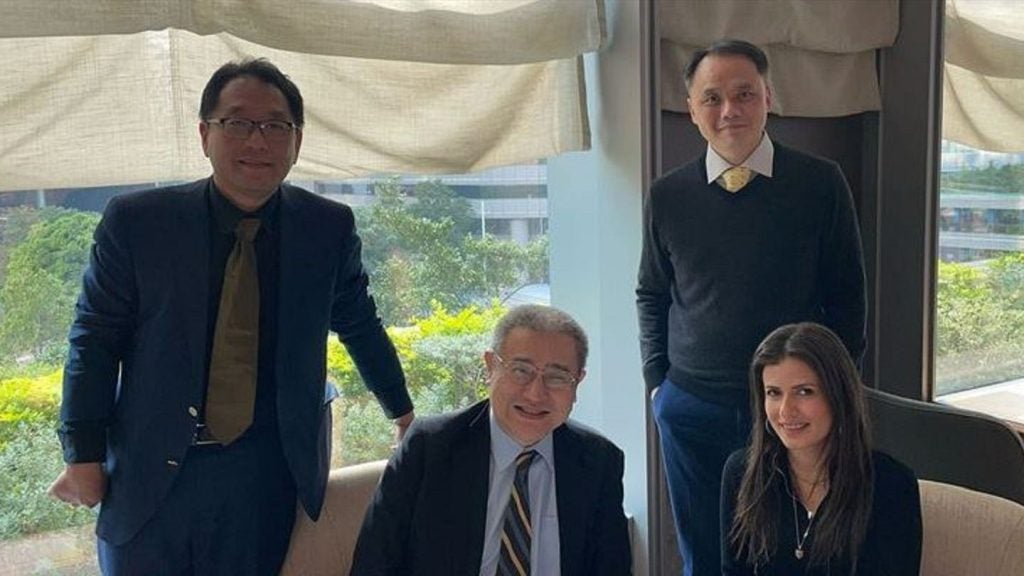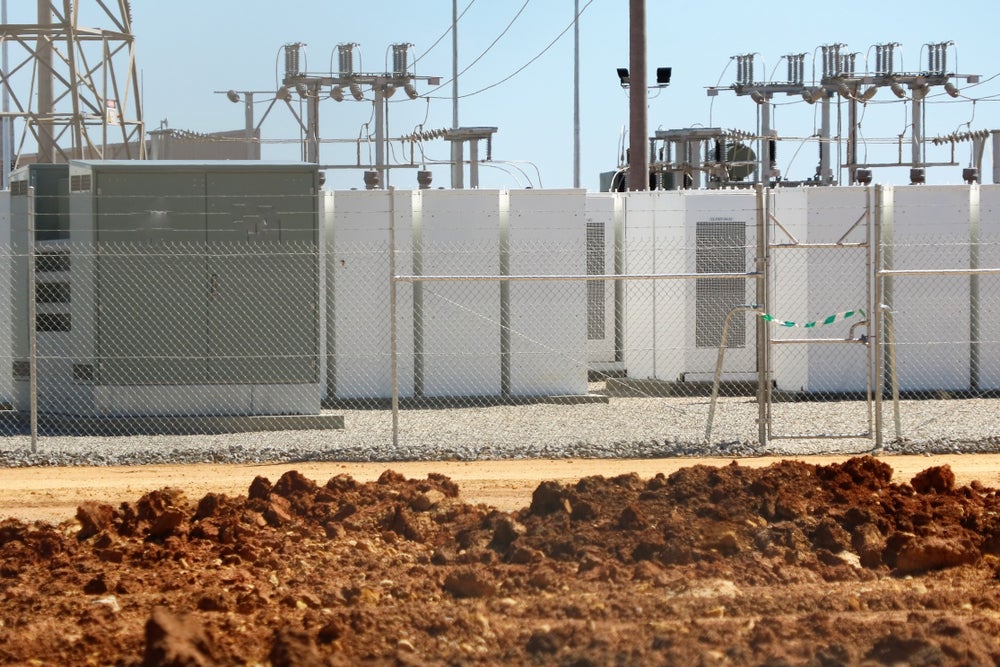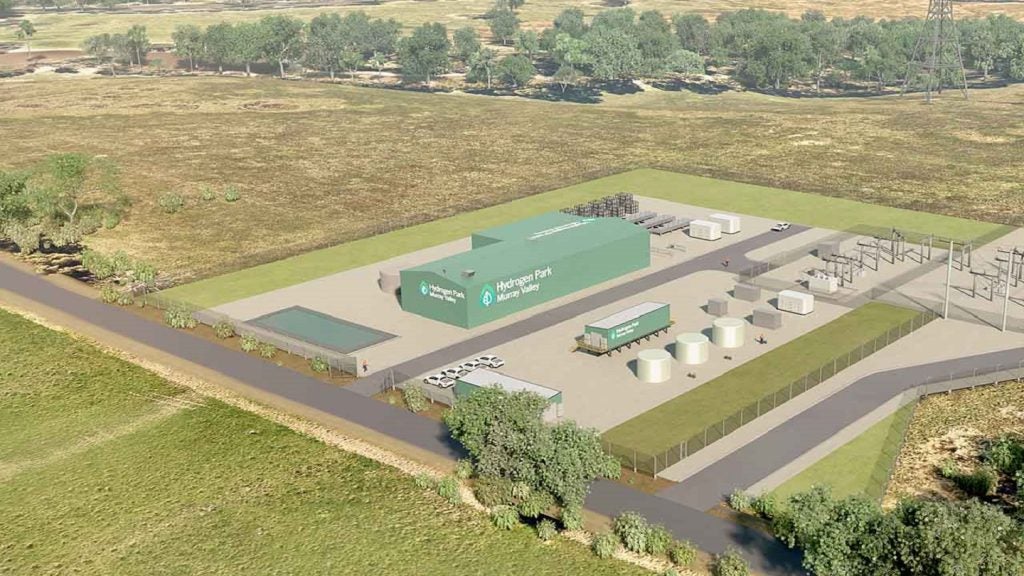A group of countries have pledged €2.5bn ($2.74bn) to aid Senegal’s renewable energy targets.
Led by France and Germany, the UK, Canada and the EU backed the Senegal Just Energy Transition Partnership (JETP), which aims to finance Senegal’s renewable energy transition.
Senegal aims to have a 40% share of energy coming from installed renewable capacity by 2030. The JETP will come into effect later this year, dispensing the €2.5bn over the course of 3–5 years for renewable integration into the Senegalese energy mix. There are provisions made for potential further financing beyond the initial period.
“Diversifying our energy sources and our supply chains will increase our resilience”, said Macky Sall, Senegal’s president. The country has already been investing in solar capacity in service of its 2030 target, and this financing is expected to boost the country’s growing renewables sector.
Sall continued: “The [JETP] that we are establishing today with our partners will make it possible to support the Senegalese dynamic that we started several years ago of incorporating renewable energies into our energy mix and securing our energy system thanks to all our natural resources, in line with the Paris Agreement.”
The partnership will also aim to attract private sector investment, making Senegal a more attractive destination for renewable energy. Mark Carney, the UN’s special envoy on climate action and finance, called explicitly for private sector participation in the JETP.
He said: “Public and private collaboration is critical to unlocking clean energy investment and supporting the net-zero transition in emerging markets and developing economies.”
Carney, co-chair of the Glasgow Financial Alliance for Net Zero (GFANZ), also gave insight into the role it will play in the transition: “GFANZ is working to remove the barriers to the flow of much-needed private finance to countries showing leadership on transition, particularly through JETPs.”


